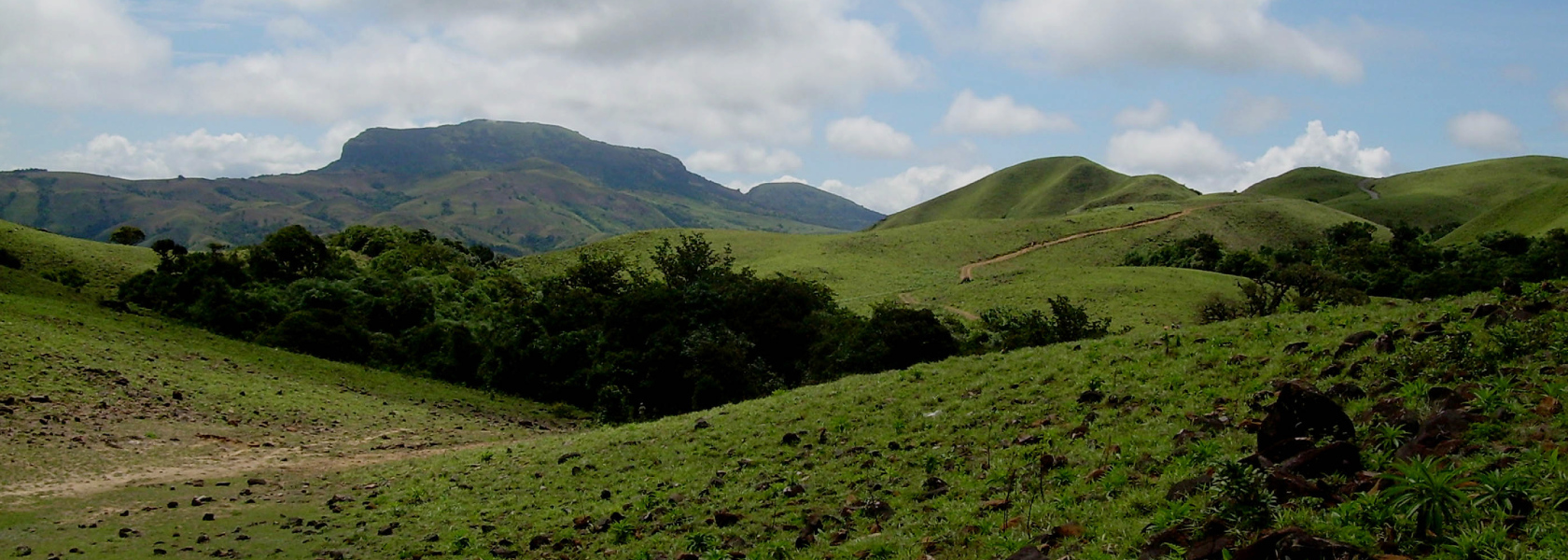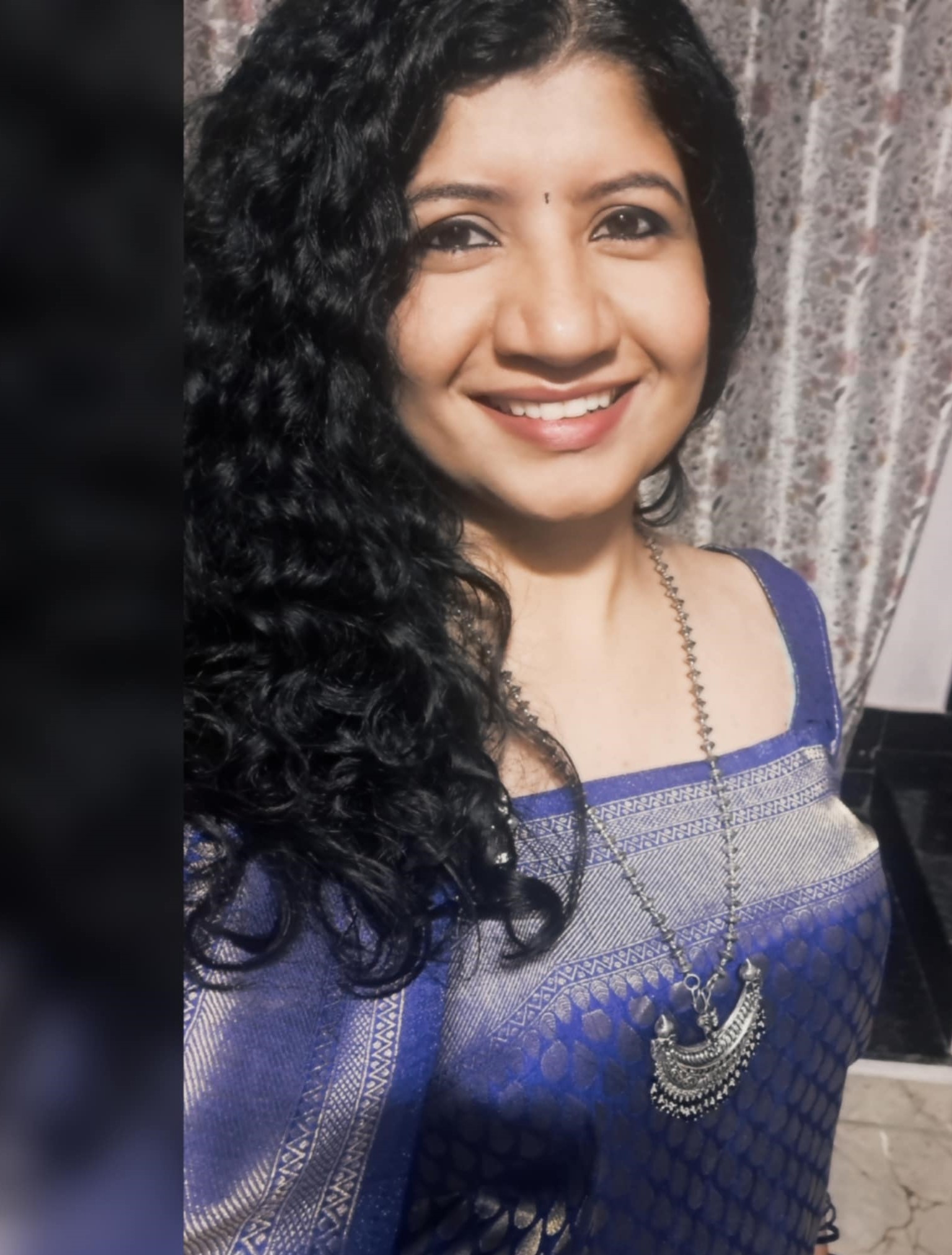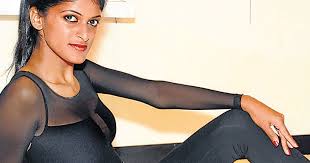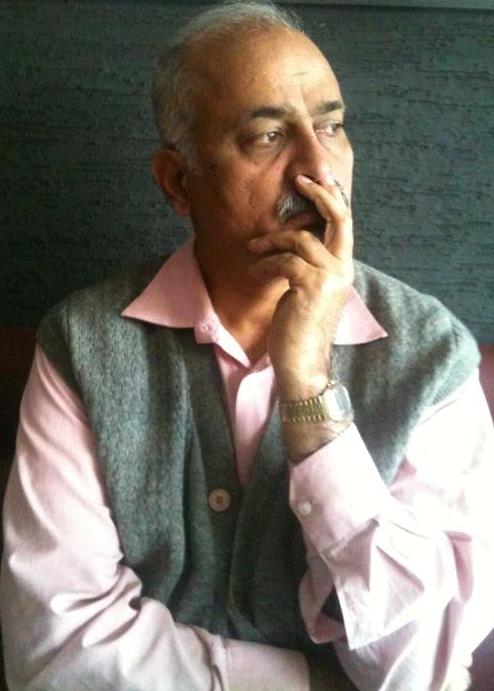
Blogs
ARE KODAVAS (COORGS) A SEPARATE RACE OR A TRIBE?
By Maj Gen Codanda K Karumbaya, SM (Retd)
I am glad that Justice (Retd) P.P. Bopanna agrees with me that Kodavas are not Hindus. He has rightly pointed out that we presently come under Hindu laws. This anomalous situation has arisen because the Union government decided to bracket small communities like Kodavas, who do not belong to any major religious groups, with the majority Hindu religion, since it is impractical to have exclusive laws for every community in India, due to the large number of communities involved.
Therefore our customary laws, which were first codified by Maj. Gen. Rob Cole in 1871, have changed and are bound to change in the future also, until we have a Uniform Civil Code as envisaged in the Constitution. I consider that these changes are good for us and for the country. This decision of the government does not mean that we are Hindus and not a separate community. Under Article 25(2) of our Constitution, even bigger religious groups like Sikhs, Jains and Buddhists come under Hindu laws; but that has not prevented them from getting minority status.
As regards Justice Bopanna’s contention that Kodavas are a separate ‘race’ and not a ‘tribe’, it is true that a number of early writers have referred to Kodavas as a separate ‘race’. However they have also referred to Kodavas as a unique ‘tribe’. For example, G Richter in his book ‘The Gazetteer of Coorg’ writes “The Coorgs or Kodavas as they are properly called, are the principal tribe of the country and from time immemorial, the lords of the soil………..”. But the same author writes elsewhere that “Coorgs are a hardy race and bear with fortitude a great deal of hardship…………”. Both the terms were used rather loosely by many early writers to indicate that our community is different from others in many ways.
After Independence, in pursuance of the government policy to discourage distinction between communities based on race, the 1951 Census of India did away with racial groups in India altogether. The National Census of India no longer recognises any racial group in India. Prof Ponjanda Appaiah in his book ‘A History of Coorg’, notes the views of the UNESCO published in 1951, that no race today can be called pure and that there is not the slightest scientific basis for considering race as a determinant of inferiority or superiority in the physical and mental capacities of people.
I have consulted a fellow Kodava, Dr Cheyanda Manu, who teaches anthropology in the University of Mysuru. He has confirmed that Kodavas are a separate tribe and not a race. Even the constitutional expert, Prof Balveer Arora has this to say: “While earlier the Kodavas referred to themselves as a distinctive race and/or nationality, a more accurate description of the Kodava people would be in terms of a linguistic and cultural community with distinctive tribal characteristics.” Therefore to call ourselves as a separate race would be wrong and will not be accepted. To call ourselves boastfully as a ‘martial race’ is doubly wrong because there are other communities in India that are equally brave.
Some recent authors refer to Kodavas as an ‘ethnic minority’ meaning ‘a group within a community which has different national or cultural traditions’. According to Dr B.S. Guha, a noted sociologist, the people of India are derived from six main ethnic groups, viz. Negritos, Austrics, Mongoloids, Dravidans, Western Brachycephals and Nordics. He thereafter lists various communities coming under these different ethnic groups. Coorgs and Parsis are the two communities in India who belong to Western Brachycephals. Parsis have been given minority status. Why have Kodavas not been given the same status?
A comprehensive list of tribes in India in alphabetical order is available in the website www.culturopedia.com. Kodavas are rightly included in this list and it has been correctly stated that members of the Kodava tribe live in the Kodagu region of Karnataka, which lies in the Western Ghats. I have gone through the entire list of these tribes. Out of 645 tribes in India which comprise 8.6% of the total population of India, only Kodavas have been denied scheduled status. (I request others to cross check my findings). I feel that this decision of the government is justifiable as we Kodavas are mostly land owners with houses of our own and good education. We therefore do not meet the criteria laid down for measuring the backwardness of a community.
Armed with facts and statistics, we should convince the policy-makers that Kodavas are a rare and unique tribal community in India which needs to be given Constitutional protection. We definitely meet the criteria for earning minority status and special status for our homeland Kodagu, where our Ainmanes (ancestral homes), Kaimadas (ancestral shrines) and Jamma lands (ancestral land with hereditary tenure) are located. We have been accorded linguistic minority status (thanks to the initiative taken by some Kodava educationists) which, however, is not the same as full minority status which entitles us to many more benefits.
As of now, we Kodavas, can blame no one but ourselves for not being united in asking for our rights under the Constitution. We do not belong to the majority communities who enjoy political power, nor do we belong to those classified as minorities, and SC/STs (Scheduled Castes and Scheduled Tribes), who are privileged to get more benefits. Ordinarily Kodavas would prefer that all citizens of India are treated equally; but because Indian politics is highly communalised, that is not going to happen. This inequality has become further aggravated by the division of the country on linguistic basis in 1956.
Unfortunately, our politicians, in whom Kodavas have so far placed great faith, have failed to promote our legitimate demands as they do not want to be on the wrong side of their political masters who belong to the majority communities. Their subservient attitude and survival instincts are understandable; but some of them have been guilty of coming in the way of Kodava unity. Prof Balveer Arora in his speech at Gonikoppal, in December 2007, at the invitation of the Codava National Council, stated: “The Codavas will need to be made aware that unless they themselves claim these as distinctive markers of their identity, the efforts to seek and gain Constitutional recognition will not find adequate support in policy making circles”.
Our main drawback is that we do not have a common non-political organization based on democratic lines, where we can sit together, discuss our problems, find solutions, and project our demands in an appropriate manner.

NEW FASHION TREND: SILVER SHINE FOR KODAVA (COORG) JEWELLERY
By P.T. Bopanna In keeping with changing trend, it has become a new fashion to customise the traditional Kodava gold […]

THE TRANSFORMATION OF KINGFISHER SUPERMODEL RADHIKA BOPAIAH
By P.T. Bopanna There is a wrong assumption that a professional model only has a body and no mind. And […]

